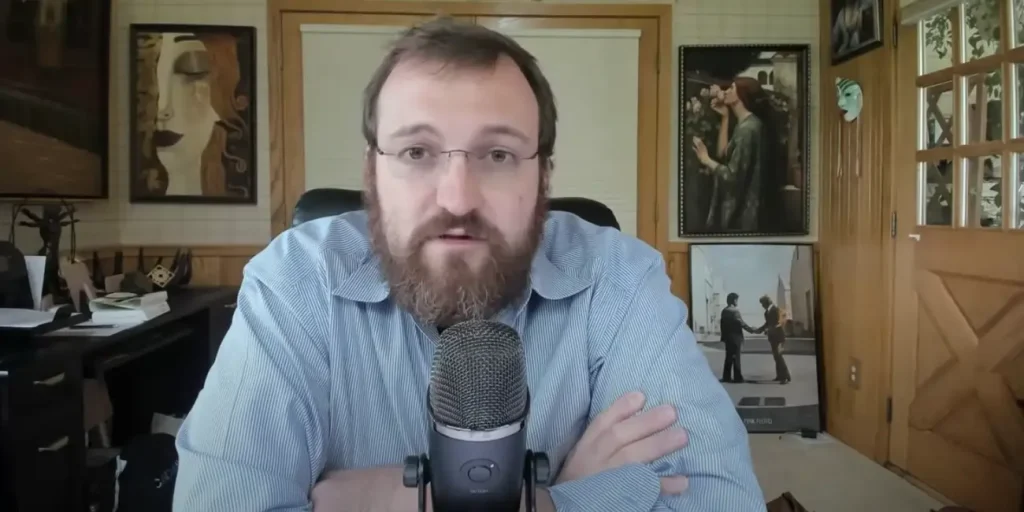Charles Hoskinson, the founder of Cardano, recently addressed criticism regarding his network and its native token, ADA. In his response, he compared the challenges faced in the crypto industry to those in the artificial intelligence sector, emphasizing the importance of competition and sustainability. Hoskinson highlighted the reliability and strength of his network and discussed upcoming upgrades that could enhance the blockchain system and ensure long-term sustainability. He believes that Cardano is well-prepared for scalability and innovation in the face of increasing competition from other blockchains and tokens in the industry.
Hoskinson pointed out the trend of short-term narratives dominating the conversation in both the crypto and AI sectors. He compared the rise and competition in the AI sector, with companies like OpenAI, Anthropic, Elon Musk’s Grok, and Meta’s upcoming Llama, to the competition in the crypto industry. This competition is driving advancements in both sectors, pushing companies to innovate and improve their products to stay ahead. Cardano, according to Hoskinson, has the potential to thrive in scalability, governance, and innovation, given its track record of never failing in over 2300 days of uptime.
The recent criticism faced by Cardano came after a video by crypto influencer Ben Armstrong (BitBoy) questioned the network’s metrics compared to other top blockchains like Solana and Toncoin. Armstrong suggested that these networks and their respective tokens were experiencing significant growth in terms of price action and trading activity. In response, Hoskinson defended Cardano, highlighting the network’s Ouroboros Leios upgrade as a solution to the blockchain trilemma of security, scalability, and decentralization. He also mentioned the upcoming Chang hard fork, scheduled for Q2 2024, which aims to introduce community governance to empower ADA holders.
One of the key aspects of Hoskinson’s defense of Cardano is the network’s commitment to solving the blockchain trilemma and ensuring long-term sustainability. The Ouroboros Leios upgrade is seen as a significant step forward in addressing the challenges faced by blockchain networks in terms of security, scalability, and decentralization. Additionally, the upcoming Chang hard fork in the Voltaire era of the network is expected to further enhance governance and decentralization, ultimately empowering ADA holders and ensuring the network’s continued growth and success.
With increasing competition in the crypto industry and the launch of new blockchains and tokens, Cardano remains confident in its ability to thrive and innovate. Hoskinson’s comparison of the crypto and AI sectors underscores the parallels between the two industries and the need for long-term sustainability and innovation. As Cardano continues to evolve and improve, it aims to solidify its position as a leader in scalability, governance, and innovation, ensuring its sustainability for future generations.


